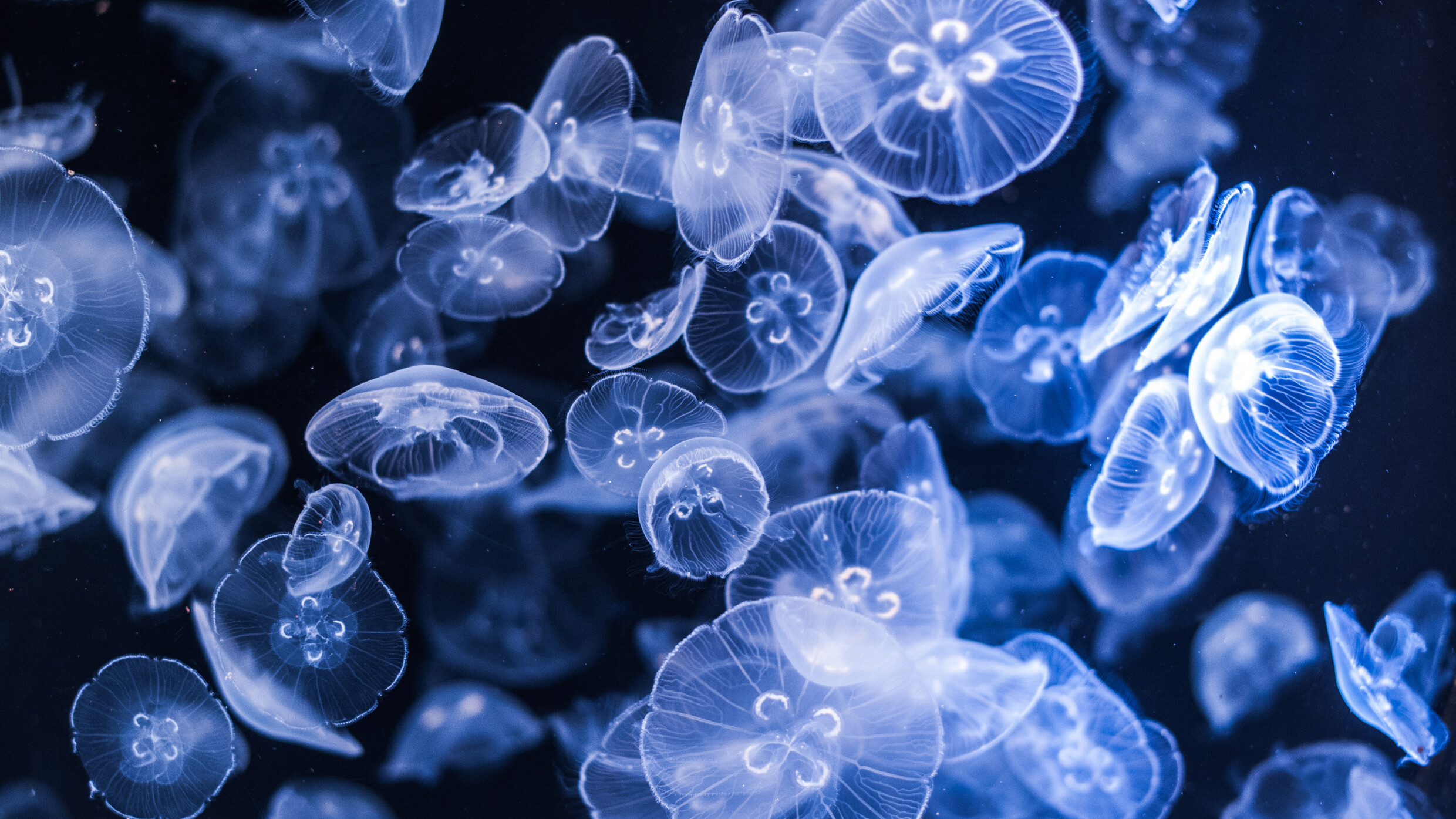Read next
Award
EAI IC4S: Fraunhofer IKS wins Best Paper Award
The EAI IC4S international conference has awarded the prize for the best paper to Fraunhofer IKS. The topic of the paper is a concept for safe and efficient collaboration between autonomous mobile robots (AMR) and people in shared areas.



© iStock.com/wilpunt
Success for the Fraunhofer Institute for Cognitive Systems IKS: Its paper “Concept for Safe Interaction of Driverless Industrial Trucks and Humans in Shared Areas” won the Best Paper Award at EAI IC4S. The organizing committee of the International Conference on Cognitive Computing and Cyber Physical Systems of the European Alliance for Innovation (EAI IC4S) announced the recipient of the award as the event drew to a close.
The focal point of the paper considers the question of how autonomous forklifts in warehouses can work together safely with people, without reducing efficiency. The Fraunhofer IKS authors are Christian Drabek, Anna Kosmalska and Gereon Weiß, and Tasuku Ishigooka, Satoshi Otsuka and Mariko Mizuochi from Hitachi were also involved in the paper. The conference paper was the result of a joint project.
The paper outlines a method that uses infrastructure sensors to predict and prevent potential collisions between humans and robots. It uses a safety-critical function based on wireless communication which sporadically may not be available or may be impaired. The architecture used is able to mitigate these errors and gradually reduce the system’s performance if necessary.
Find out more!
Want to find out more about the method and the scenarios in which collisions between humans and robots can be predicted and prevented? Then please contact our Business Development department to arrange a one-to-one meeting.
The method was evaluated by means of simulations that emulate typical scenarios in the warehouse. This enabled insights to be gained regarding how infrastructure sensors can increase the safety of people located in the same area as AMRs and how different strategies for avoiding collisions affect the efficiency of the AMRs.

© Fraunhofer IKS
Christian Drabek sees his research work confirmed by the award.
Christian Drabek, who presented the paper at the online conference on November 25, is delighted with the award: “The Best Paper Award is an acknowledgment of our research work and our approach. We are now working on how further functions could be distributed and how the concepts could be transferred to other types of robot to enable safe and efficient collaboration between people and mobile robots in these applications too.”


